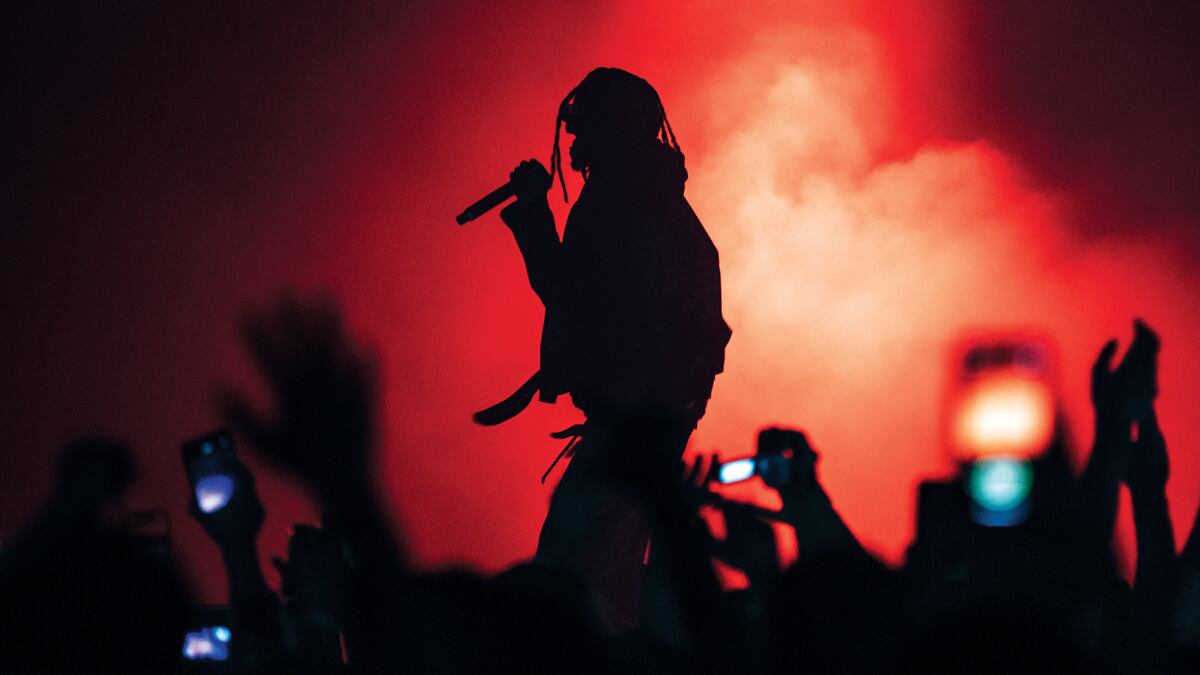“We have to cancel the rest of the tour,” Dutch singer Tim van Berkestijn said Dec. 13 in a video he uploaded to Instagram for his music project Benny Sings. “The COVID thing happened to us as well.”
The singer was a couple of days out from a Portland show, at the Doug Fir, when he announced the postponement of his West Coast dates. And while the drop of another canceled show in an ocean of canceled shows smacks of hopelessness, it’s also business as usual for many venues right now.
“A concert’s not sustainable unless it’s pretty much full,” explains Karl Lisle of the Spectator Venues Program. “That’s the economics of a concert.” Lisle’s program oversees venues owned by the city, like Veterans Memorial Coliseum and the theater buildings of Portland’5 Centers for the Arts.
The uneven ticket sales help explain the repeated cancellation or postponement of large arena tours over the past 18 months. A Die Antwoord concert, originally scheduled for May 20, 2020, was postponed a full year to April 24, 2021, then moved again to Jan. 25, 2022. Three days ago, ticket holders learned it had been canceled again. On a message board devoted to the band, a fan complained, “I first bought these tickets in July of 2019.”
“We’re seeing ticket sales all over the board,” says Portland’5 representative Heather Wilton. “Some shows are selling out, whereas others may be only selling half of what they would have pre-COVID.” Wilton notes optimistically that Portland’5 has had very few cancellations since reopening in late August.
Even when it comes to sold-out shows, Jim Bruenberg, co-owner of Mississippi Studios, Revolution Hall and Polaris Hall, says data shows that rates of non-redemption ticket holders—ticket holders who don’t attend the concert—may be as high as five times what it was in 2019.
“This means, even for sold-out shows, a lot of people aren’t coming and spending money on concessions, merchandise, etc.,” Bruenberg says.
That phenomenon is perhaps best exemplified by an Oct. 5 Wilco show at Arlene Schnitzer Concert Hall in which a quarter of the ticket holders didn’t bother to attend.
“There are far fewer shows, fewer people coming to shows, and fewer ticket holders actually showing up,” Bruenberg says. “In short, it’s going to be a rough road back.”
Related: Portland’s Oldest Strip Mary’s Club Is Open at Its New Location
Related: Portland’s Nightlife Returns, Even While Caution Reigns
